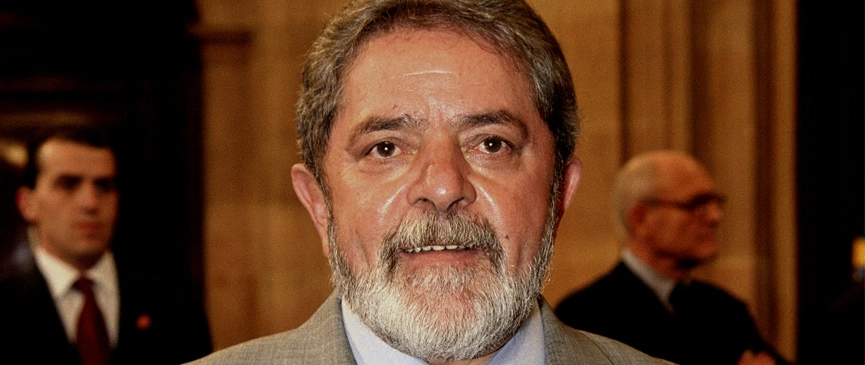Main content
Lula Da Silva Prince of Asturias Award for International Cooperation 2003

Luiz Inácio Lula da Silva (Pernambuco, Brasil, 1945), was born of illiterate parents, he was brought up in a large family and worked in a variety of jobs from childhood - hawker, shoe-shine, message boy, to name a few - to supplement the family's meagre income. He then did a course to become a lathe operator, worked mainly in the metallurgy industry, and joined its union as a vice-secretary in 1969. He was appointed leader of the union's department of social welfare in 1972, and took up the leadership three years later.
In 1980, alongside other social activists, he founded the Workers' Party (Partido de los Trabajadores), which has since become Brazil's second political power. That same year he led the historic 41-day strike, upon which he was accused of subverting the law on national security, and was removed from office. The Supreme Military Court revoked the sentence the following year. In 1983, he helped found the United Workers' Union (Central Única de Trabajadores), a new scourge for the military regime. In 1986 he was Brazil's most widely voted federal MP. He stepped down from the executive committee of the Workers' Party the following year, and became its honorary president. In February 1989, he ran for the presidency and lost to Fernando Collor de Melo. He renounced re-election to his seat as a federal MP in the 1990 general elections to focus fully on establishing the Workers' Party throughout the country. In 1999, Lula headed the "March of the One Hundred Thousand", organised by left-wing parties and 80 citizens' groups in Brasilia.
On October 27th, 2002, Lula da Silva was elected President of Brazil. Under the slogan "for a decent Brazil", and backed by 53 million votes, the candidate for the Workers' Party has promised to make the fight against hunger and unemployment his government's number one priority.
End of main content
